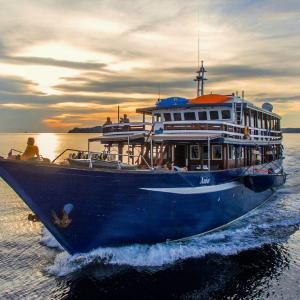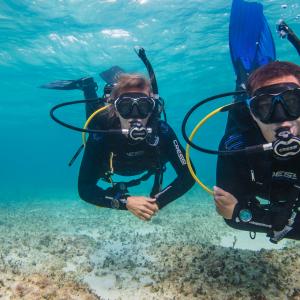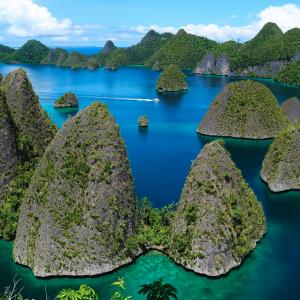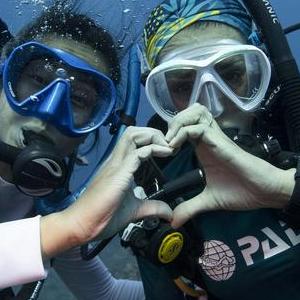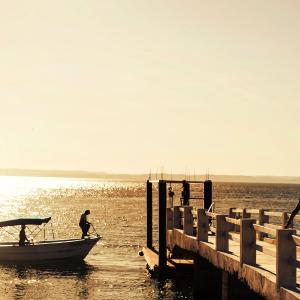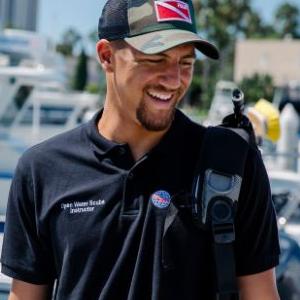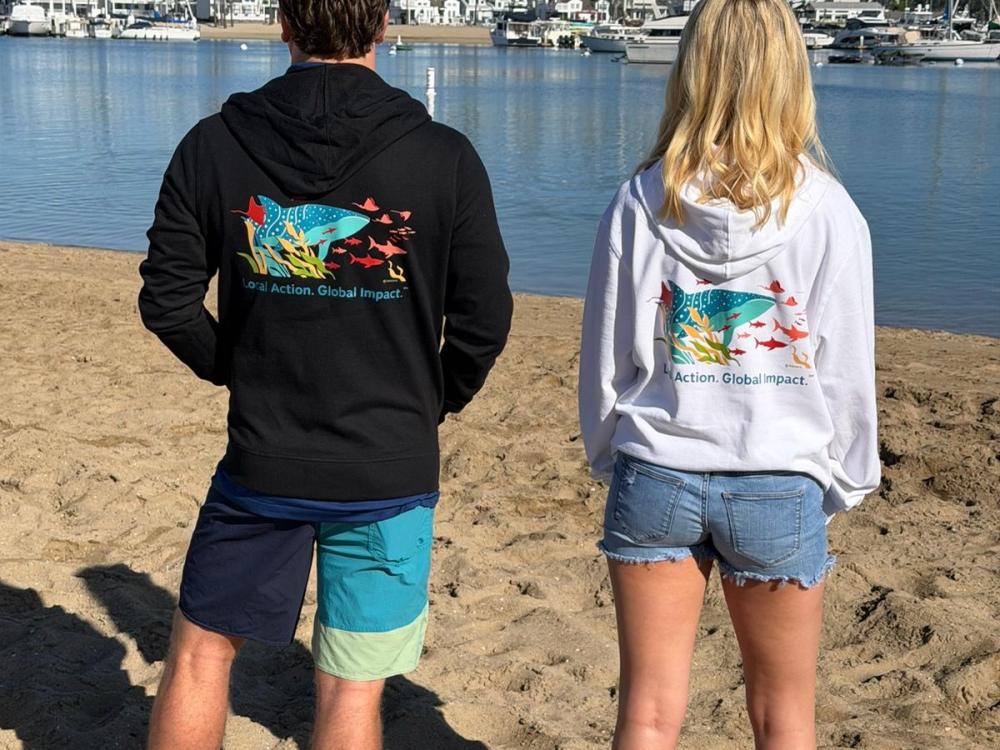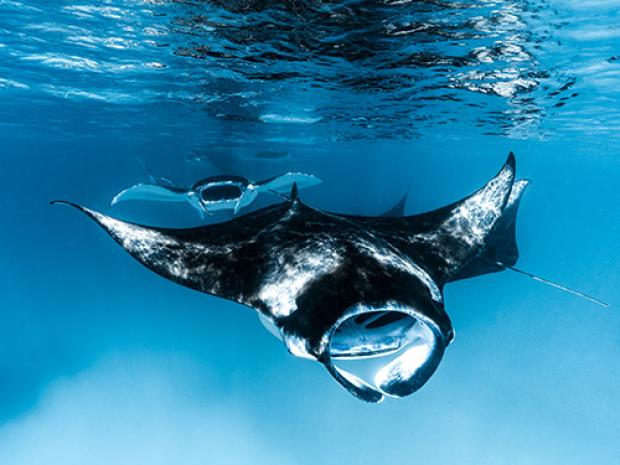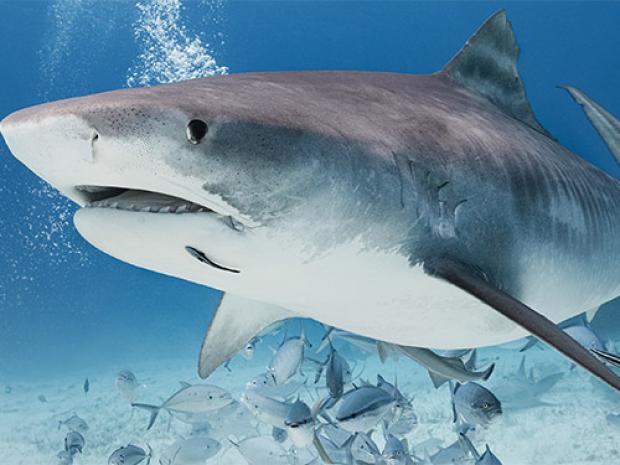
Vulnerable Marine Species Program
In partnership with Blancpain
Help reduce extinction risk for vulnerable species through advocacy, education, and citizen science.
A Global Plan for Protection
Sharks and rays are some of the most threatened animals on Earth-nearly a third of all species face extinction. These apex predators keep ocean ecosystems in balance and our communities thriving. PADI’s Blueprint for Ocean Action unites divers, dive centers, and ocean advocates worldwide to protect them.
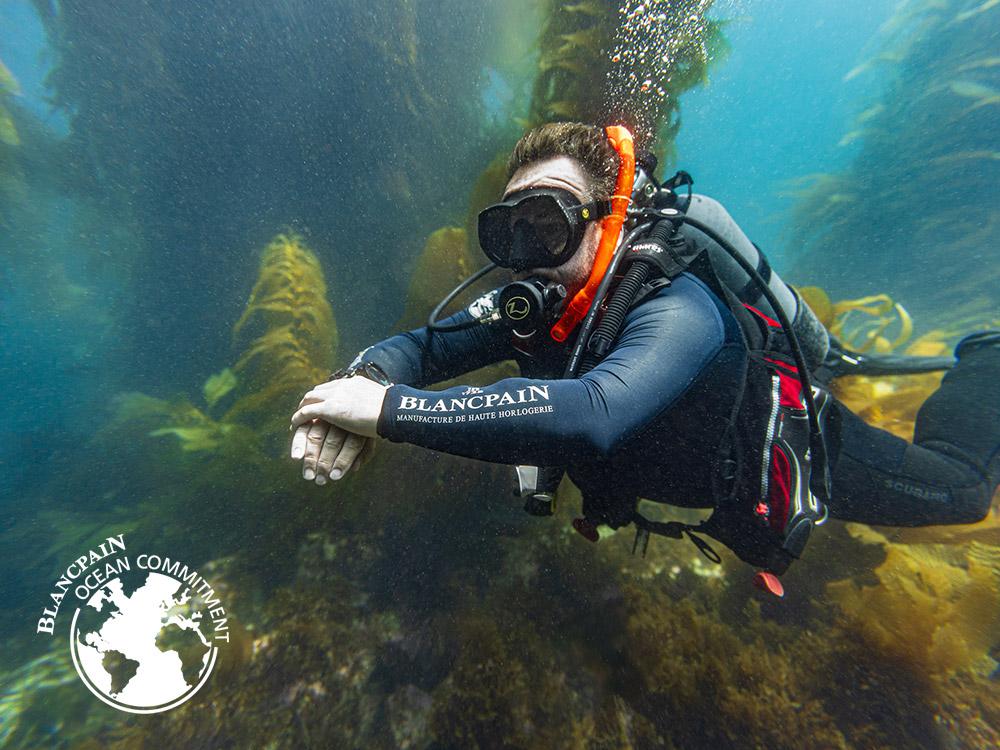
Together with Blancpain, we’re accelerating protections for the ocean’s most threatened species. See how our partnership strengthens global efforts to keep ecosystems in balance-uniting divers, dive centers, and advocates worldwide.
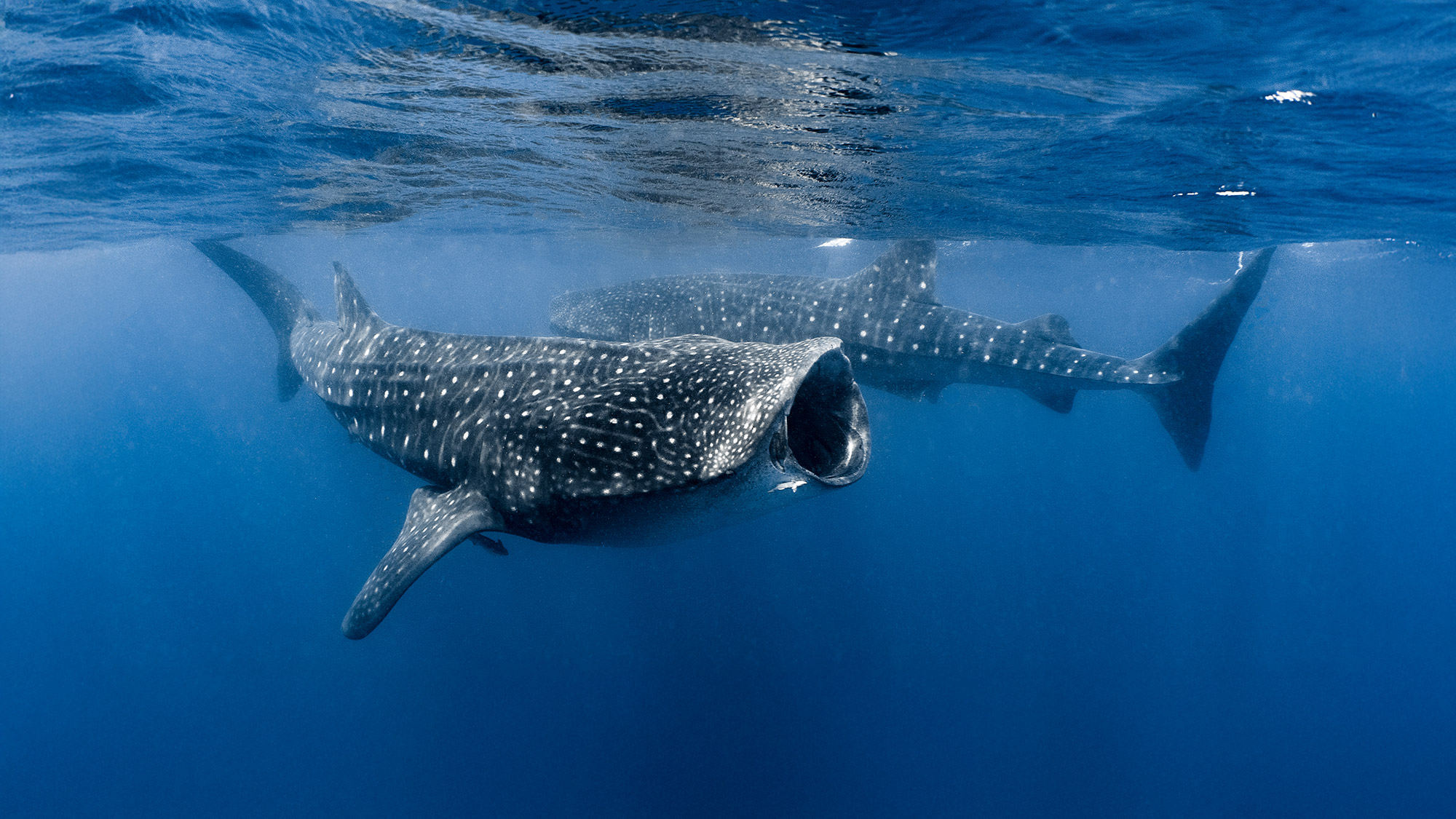
Turn Awe Into Action: Demand Stronger Shark & Ray Protections at CITES
Shark and ray populations are in steep decline. At the next CITES summit, world leaders will decide their future. You can help secure protections for whale sharks, oceanic whitetips, and manta rays. Every voice matters.
Help PADI and PADI AWARE to reach 20,000 petition signatures to demand stronger protections.
PADI Dive Centers, Resorts and Liveaboards: Sign the Business Letter in the Conservation Action Portal to earn your CITES badge. Every signature strengthens our collective impact.
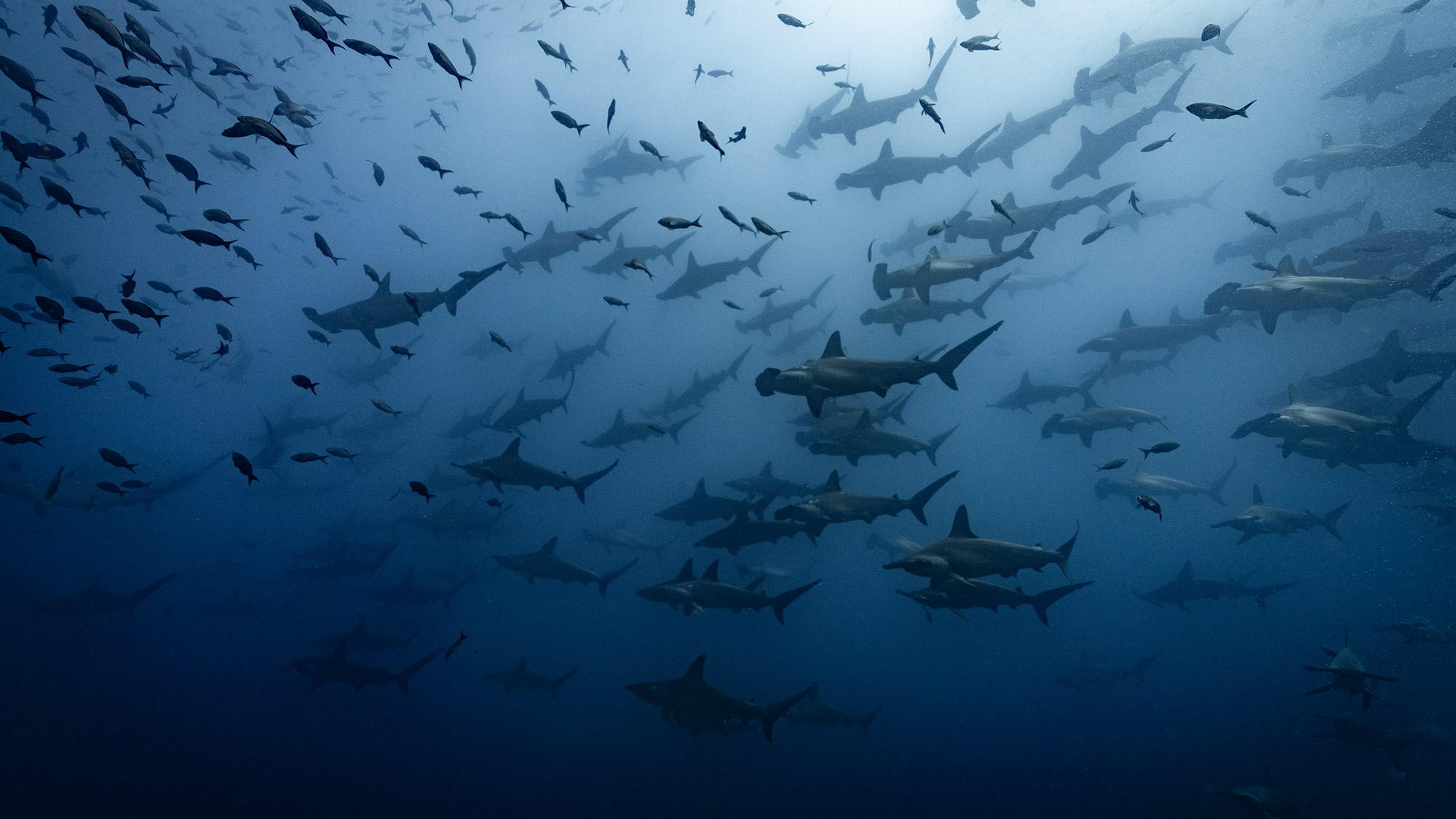
30 Years of Diver Impact
Divers, through collective action, have helped secure protections for 104 species of sharks and rays through policy change and public advocacy. Together, we’ve proven that divers are credible solution to one of the ocean’s greatest threats.
Help Protect Vulnerable Marine Species
Everyone can play a role in reducing extinction risk. Through these pathways, divers and ocean advocates become a powerful movement.
Advocacy
Raise your Voice. Sign the Petition for stronger protections at CITES 2025.
Education
Expand your knowledge. Take the AWARE Shark & Ray Conservation Specialty.
Citizen Science
Dive with Purpose. Join the AWARE Global Shark and Ray Census.
Giving
Fuel the fight. Become a monthly donor to protect species year-round.

Our Founding Partner
Blancpain is the Official Partner of the PADI Blueprint for Ocean Action and Founding Partner of the Global Shark & Ray Census.
We are proud to work alongside this Swiss prestige watchmaker in preserving the underwater world. Through Blancpain’s support, divers will participate in the AWARE Global Shark & Ray Census, the world’s largest underwater citizen science program dedicated to protecting sharks and rays from extinction.
Vulnerable Marine Species Grantees
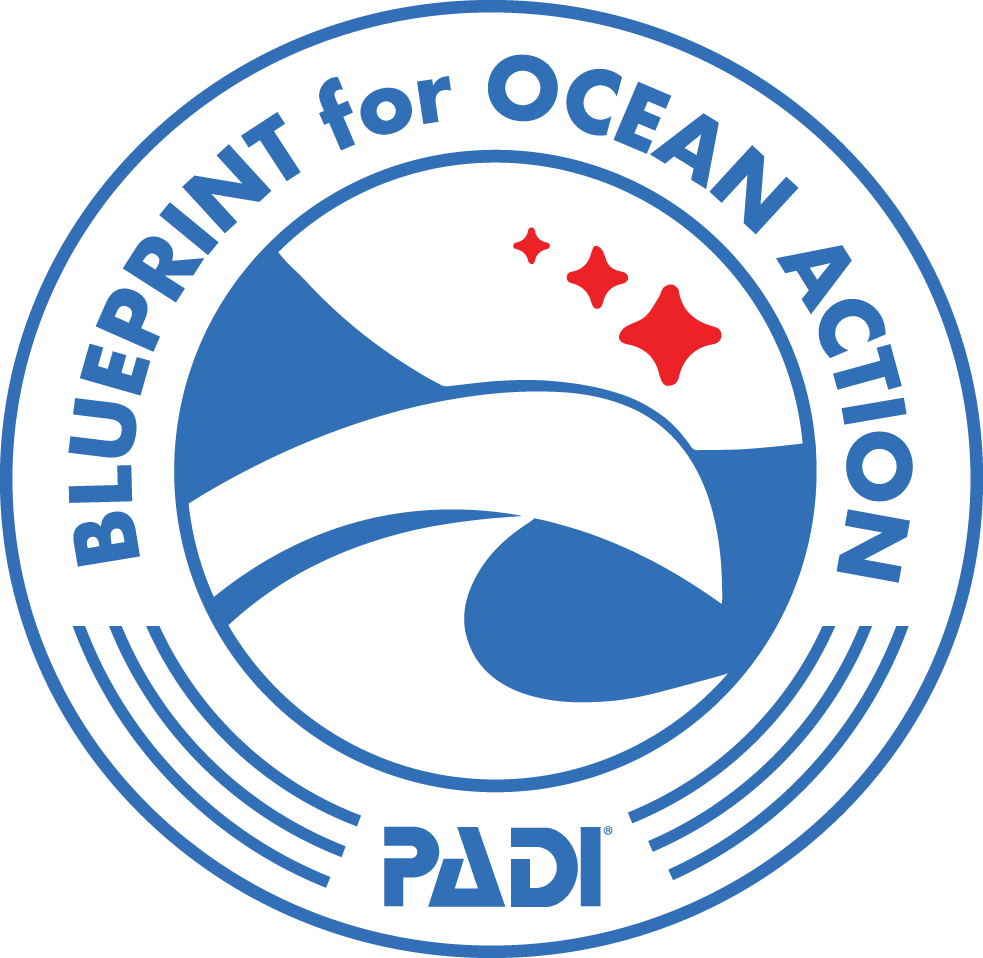
PADI Blueprint for Ocean Action:
Every dive brings a vulnerable species closer to survival
With the support of the dive community, PADI AWARE is uniquely positioned to scale essential conservation measures that reduce extinction risk. Together with PADI Dive Centers and Resorts worldwide, we are advancing the PADI Blueprint for Ocean Action to protect the species that need it most.

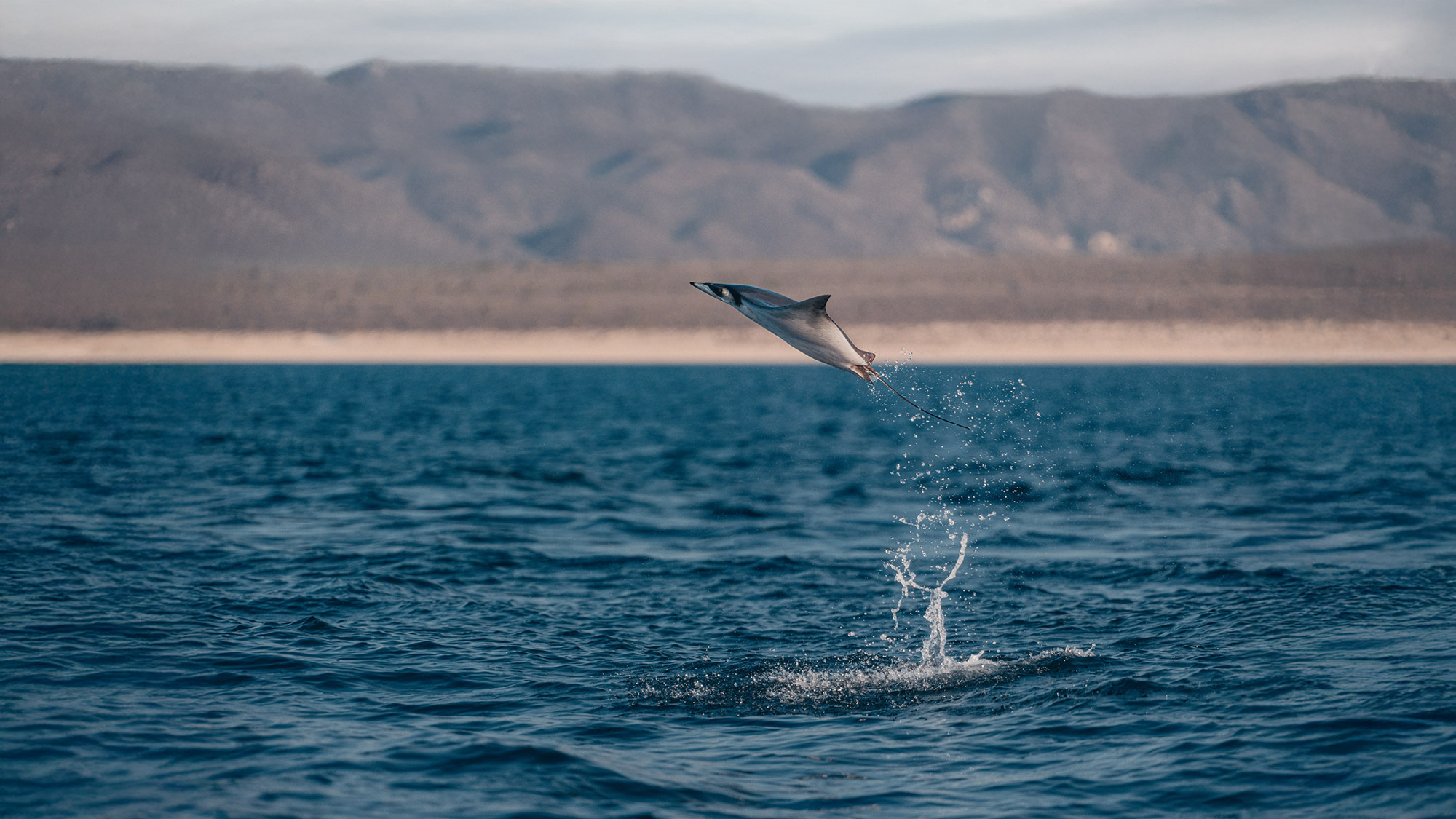
Be the voice sharks and rays need. Together, we can reduce extinction risk for manta rays, whale sharks and oceanic white tips, and ensure a future where vulnerable species thrive.
Dive Deeper
Read more about the PADI dive community’s role in Vulnerable Species Protection.

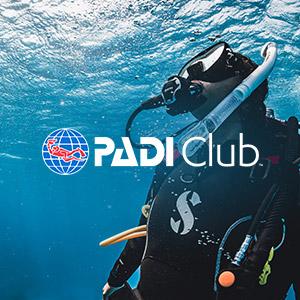
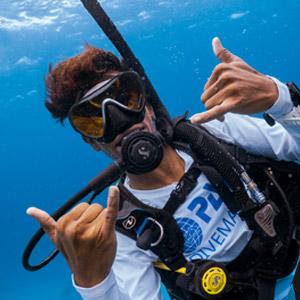

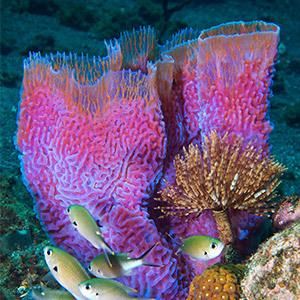
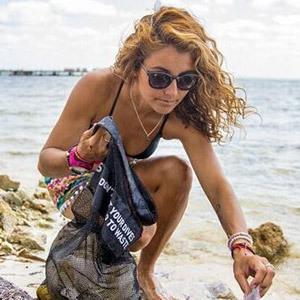

 Marine Debris
Marine Debris
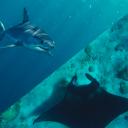 Shark & Ray Protection
Shark & Ray Protection
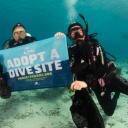 Adopt The Blue
Adopt The Blue

